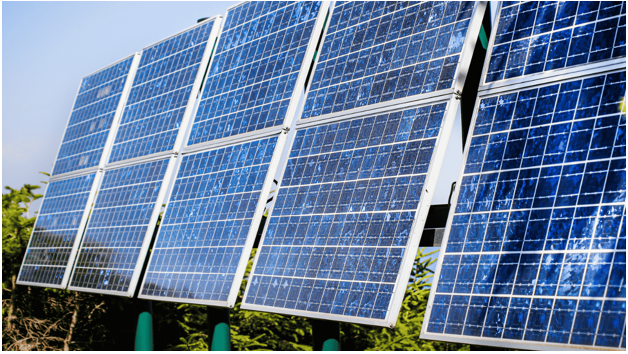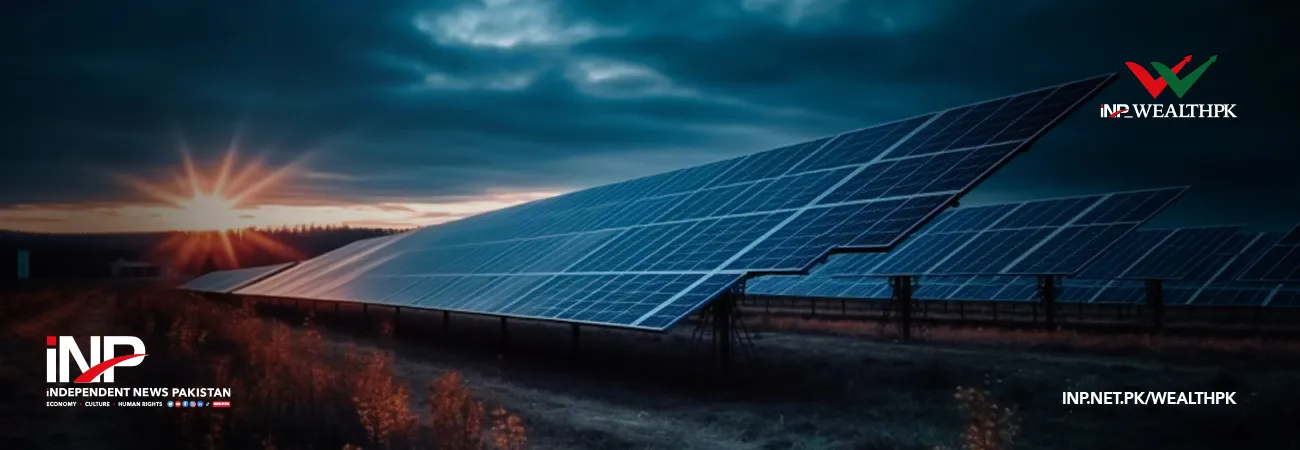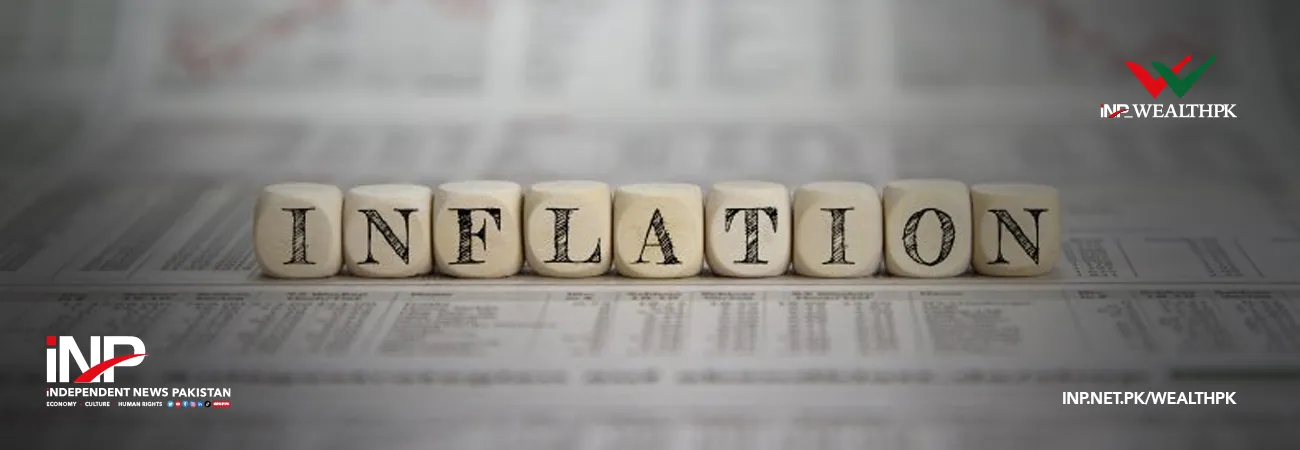INP-WealthPk
Muhammad Saleem
By imposing an 18% general sales tax on imported solar panels, the government risks stalling its campaign to transition Pakistan to green energy. Muhammad Shaukat, who is associated with the government’s environment department, told WealthPK that it was heartening to see the government encouraging people to use solar systems for lighting their homes.
“Because of the government’s support, many people had started investing in solar systems. Similarly, many industrial units had also arranged solar power systems to generate their own electricity. In addition, many farmers had started using solar power to run their tube wells,” he said. He said the Punjab government had also devised a plan to convert all tube wells to solar power, allowing farmers to save on electricity costs.
“However, the government’s decision to impose an 18% GST will become a big problem for those who were moving in this direction and wanted to invest,” Shaukat said. “By doing this, the government will fail to materialise its green energy projects, thus compromising on its commitment to move away from fuel-based power production,” he said, adding that transition to green sources of energy would go a long way in curtailing the smog, which envelops the urban centres in winter, choking life.
Mohsin Raza, owner of a solar solutions company, told WealthPK that introducing a sales tax on imported solar panels sends the wrong message at the wrong time. He said the government has announced plans to generate 60% of the country’s electricity from clean energy sources by 2030. “However, by imposing this GST, the government is going to make solar panels more expensive — especially for middle-income households and small commercial users.”
He said that this decision shows the government is not serious about promoting green energy in Pakistan. “On one hand, the government is inviting people to adopt green energy, while on the other, it is discouraging them to do so by making inputs costly.” Talking about the immediate impact of GST, he said that the market has taken a hit as sales have dropped immediately. Just days ago, he said people were eagerly waiting for their turn to install solar systems.
“They were determined to invest – not just to save on bills but also to protect themselves from loadshedding. Now, with the GST, the upfront cost has become too high for many.” Raza said investors were ready to pump significant money into panel imports. “However, after the GST decision, potential investors will prefer to stay away from the business.”
“If this situation continues, many small solar businesses might shut down, disrupting the transition to clean and green energy, hitting jobs and stalling innovation,” he warned. Muhammad Amjad, a consumer who expressed his disappointment at the decision, said that he believes the government made the move intentionally.
“This is because people were quickly moving away from the national electricity grid towards alternative sources of energy. The government was probably afraid that if this continued, the revenue it collects from the public would decrease significantly,” he said. He said that if the government’s income decreases, then it would be difficult for the elite class to maintain their luxurious lifestyle.
“Therefore, the government has tried to block people’s access to solar energy by making it expensive.” “Immediately after this announcement, the prices of solar panels in the market have increased. As a result, those people – including me – who wanted to switch to solar energy are now in a fix,” Amjad regretted.

Credit: INP-WealthPk













